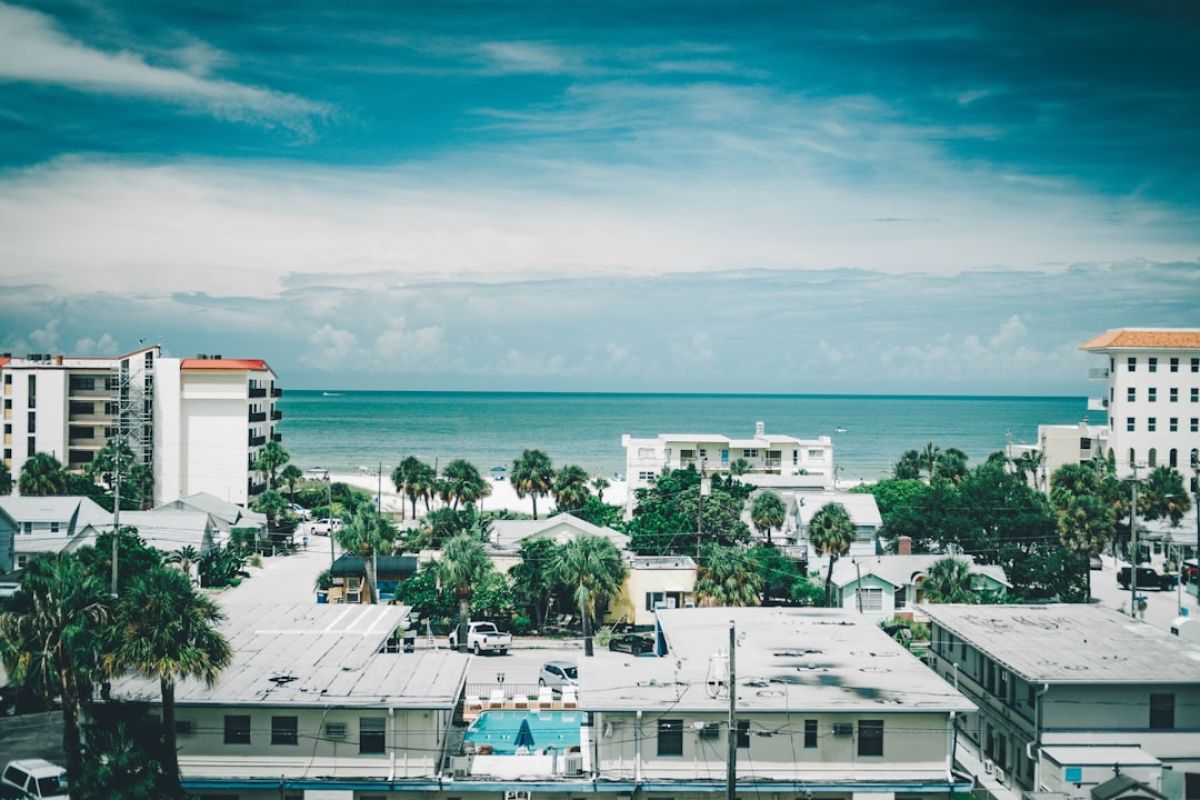Deadly Danger Lurking in Paradise: Flesh-Eating Bacteria in Naples Waters

Naples Residents Beware: Flesh-Eating Bacteria a Growing Concern in Paradise
Naples, Florida, renowned for its pristine beaches and vibrant Gulf Coast lifestyle, faces a chilling threat lurking beneath the sparkling turquoise waters: *Vibrio vulnificus*, a bacterium capable of causing necrotizing fasciitis, commonly known as flesh-eating disease. While eight fatalities along the Gulf Coast this year have made national headlines, the risk hits closer to home than many Naples residents realize. This isn’t just a distant news story; it’s a real and present danger demanding our attention and proactive measures.
Understanding the Threat in Our Backyard
*Vibrio vulnificus* is a naturally occurring bacterium found in warm, brackish saltwater, particularly prevalent in the Gulf of Mexico during the summer months. While infections are rare, they can be devastating, especially for individuals with compromised immune systems, chronic liver disease, or open wounds. The bacteria can enter the body through open cuts or scrapes, or even through ingestion of contaminated raw seafood, particularly oysters.
For Naples residents who enjoy fishing, boating, swimming, or simply strolling along our beautiful beaches, understanding this threat is crucial. We’re not talking about avoiding the water altogether, but about taking smart precautions to minimize risk and enjoy our coastal paradise safely.
Eight Tragic Cases: A Stark Reminder of the Risks
The recent reports of eight deaths linked to *Vibrio vulnificus* along the Gulf Coast are a sobering reminder of the potential severity of this infection. While not all cases were in Florida, their proximity highlights the vulnerability we share. These tragic losses underscore the importance of public awareness and proactive health measures, especially as we navigate the warm summer months when *Vibrio* thrives.
How *Vibrio Vulnificus* Turns Deadly: From Infection to Necrotizing Fasciitis
The term “flesh-eating bacteria” sounds like something out of a horror movie, and while dramatic, it’s not entirely inaccurate. *Vibrio vulnificus* can cause necrotizing fasciitis, a rapidly spreading infection that destroys the soft tissues beneath the skin. This aggressive infection can lead to sepsis, organ failure, and even death if not treated promptly and aggressively.
The initial symptoms might resemble a typical skin infection – redness, swelling, pain, and warmth around the affected area. However, the infection can progress rapidly, with symptoms escalating to include blisters, skin discoloration, severe pain disproportionate to the visible wound, fever, chills, and confusion. If you experience any of these symptoms after exposure to saltwater or consuming raw seafood, seek immediate medical attention. Early diagnosis and treatment, often involving intravenous antibiotics and surgical debridement (removal of infected tissue), are critical for survival.
Protecting Yourself and Your Family: Practical Steps for Naples Residents
While the presence of *Vibrio vulnificus* might seem alarming, there are simple yet effective steps we can take to protect ourselves and our loved ones:
* **Avoid swimming with open wounds:** Even minor cuts or scrapes can provide an entry point for the bacteria. If you have an open wound, cover it with a waterproof bandage or avoid entering the water altogether. * **Thoroughly clean any wounds:** If you sustain a cut or injury while in or near saltwater, immediately clean the wound thoroughly with soap and water. Apply an antiseptic and keep it covered. * **Be cautious when handling raw seafood:** Wear gloves when handling raw seafood, especially oysters. Wash your hands thoroughly after handling any seafood. * **Cook seafood thoroughly:** Proper cooking destroys *Vibrio vulnificus*. Ensure that seafood, especially shellfish, is cooked to the recommended internal temperature. * **Stay informed about water quality:** Monitor local beach advisories and pay attention to any warnings about elevated bacteria levels. Collier County’s Health Department website and local news outlets are valuable resources for this information. Avoid swimming in areas with known high bacteria counts or after heavy rainfall, which can wash contaminants into the water. * **Be mindful of your health status:** Individuals with compromised immune systems, chronic liver disease, or other underlying health conditions should take extra precautions and consult their doctor about the risks associated with *Vibrio vulnificus*. This is especially important for residents undergoing cancer treatment, those with diabetes, or individuals taking immunosuppressant medications.
Local Resources and Information for Naples Residents
Staying informed is your best defense. Here are some local resources to help you stay up-to-date on *Vibrio vulnificus* risks and water quality conditions:
* **Florida Department of Health in Collier County:** This website provides information on beach water quality testing, health advisories, and other important health-related information specific to our area. * **NCH Healthcare System:** Naples Community Hospital offers emergency medical services and can provide treatment for *Vibrio vulnificus* infections. * **Physicians Regional Healthcare System:** Another local healthcare provider with emergency services and expertise in treating infections.
### Beyond Individual Action: Community Efforts to Enhance Safety
Protecting our community requires a collective effort. Supporting initiatives that promote water quality testing, public awareness campaigns, and research into *Vibrio vulnificus* is essential. Contacting local officials to advocate for stronger environmental protections and improved water management practices can also make a significant difference.
Enjoying Our Coastline Responsibly: Balancing Risk and Reward
The beauty and recreational opportunities of Naples’ coastline are undeniable. We don’t have to live in fear of *Vibrio vulnificus*, but we do need to respect its presence and take responsible steps to minimize risk. By staying informed, practicing good hygiene, and taking common-sense precautions, we can continue to enjoy our beautiful beaches and the vibrant Gulf Coast lifestyle we cherish, while protecting ourselves and our families from this potentially devastating threat. This isn’t about panic; it’s about empowerment through knowledge and proactive action. Let’s work together to keep Naples a safe and healthy paradise for all.